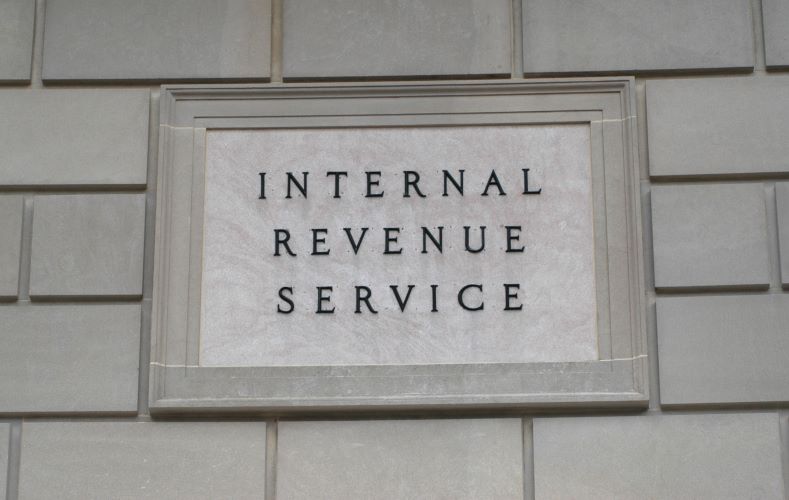Since earlier this year the Biden administration has been focused on passing several pieces of comprehensive legislation designed to address the COVID-19 crisis while accelerating economic recovery. While the President has announced several new initiatives, only the American Rescue Plan Act has been passed into law to date. As the pandemic continues to abate, the White House and Congress are now focused on passing the Build Back Better Act. This Act is designed to lower healthcare, education, and housing costs for working Americans through various tax changes targeted at high-net-worth taxpayers. In fact, the House Ways and Means Committee published a funding plan which outlines specific changes. Although the legislation still needs approval from the House, the following details provide important insights on the impact of the Act for the purposes of tax planning if the Act is passed and signed. To help clients, prospects, and others, Selden Fox has provided a summary of the key retirement planning changes below.
Key Retirement Provisions
IRA Contribution Limits
Under existing regulations, a taxpayer can continue to make contributions regardless of how much is already saved. This allows high net worth individuals to make IRA contributions to shield income from taxation. This proposed legislation will prohibit further contributions if the total value of IRA and defined contribution plan accounts exceed $10 million at the end of the prior tax year. These limits would apply to single and married filing jointly taxpayers with over $450,000 in income, and heads of households with over $425,000 in income. If passed, the new limits would become effective after December 31, 2021.
Required Minimum Distribution (RMD) Increases
When an individual’s IRA, Roth IRA, and defined contribution retirement account exceeds $10 million at the end of the year, a special RMD would need to be taken in the following year. This RMD is only required if income exceeds the thresholds mentioned above. The amount of the distribution would be equal to the amount by which the combined retirement account balance exceeds the $10 million limit.
In addition, if total account balances exceed $20 million, the excess is required to be distributed to the lesser of the amount needed to bring total balances in all accounts down to $20 million, or the aggregate balance in Roth designation accounts in defined contribution plans. If passed, this change would become effective after December 31, 2021.
IRA Rollovers
There would be an elimination of Roth conversions for both IRAs and employer-sponsored retirement plans for single/married filing jointly taxpayers with taxable income over $400,000, and heads of household with income over $425,000. The change would apply to distributions, transfers, and contributions made after December 31, 2031.
Prohibition of IRA Self Investments
Under existing regulations, an IRA account holder is not permitted to invest IRA assets in a business, trust, or estate, where they retain a 50% or greater interest. However, the rule still allows this “self-dealing” to occur where the accountholder owns less than 50% interest. To prevent this, there would be a significant reduction in the limit to 10%. There is also a provision in the Act which prevents investment in situations where the accountholder is also an officer in the company. If passed, this provision would become effective after December 31, 2021, but also includes a two-year transition period.
IRA Noncompliance
There is a proposed expansion to the statute of limitations for IRA noncompliance for valuation related misreporting and prohibited transactions. This means there would be a significant time extension, from three years to six years. If passed, this would apply to taxes to which the current three-year period ends after December 31, 2021.
Additional IRA Limitations
There is a provision that would make owning a foreign sales corporation (FSC) or domestic international sales corporation (DISC) a prohibited transaction. This means an IRA account holder found to be in violation of the rule could lose the account’s tax-exempt status.
Contact Us
It is clear the proposed tax changes will have a significant impact on high-net-worth Chicago families and individuals. Although the above details could change before the House votes to pass the legislation, it does provide important insight into potential changes. If you have questions about the information outlined above or need assistance with a tax or retirement planning issue, Selden Fox can help. For additional information call us at 630.954.1400 or click here to contact us. We look forward to speaking with you soon.




